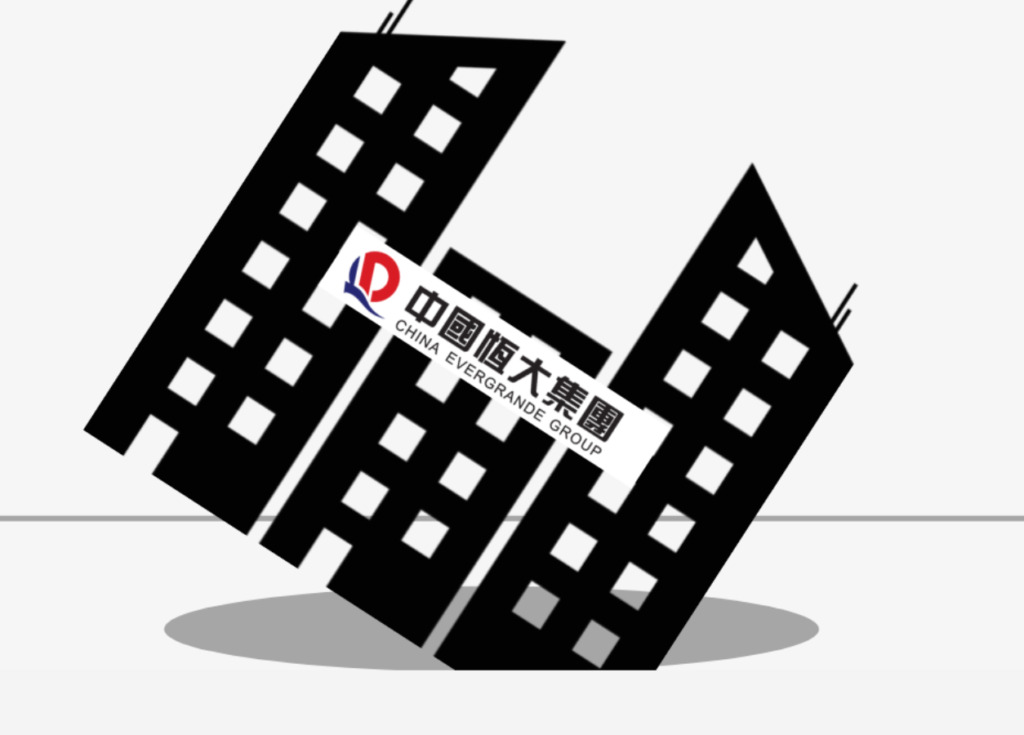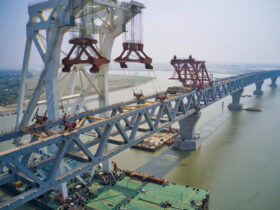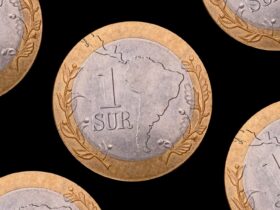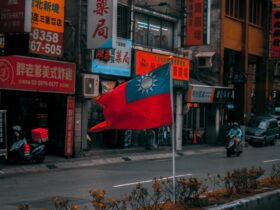LOS ANGELES — The Evergrande Group, China’s second-largest property developer by sales, owns over 1,300 residential projects across over 280 cities. This real estate conglomerate is heavily embedded in the Chinese economy since it not only owns residential property but also has stakes in the automobile, amusement park, insurance and even bottled water industries.
But currently, the company faces over $300 million in debt and has over 800 unfinished projects, leaving hundreds of thousands of people uncertain if they will have new homes. To put this into perspective, Russia, as of 2020, had roughly $257 billion in national debt.
The company’s aggressive ambitions led to ballooning debt as it attempted to expand its brand at an expeditious rate by borrowing large amounts of money to finance projects. And while this issue is not entirely new, it has gotten to a point where Evergrande is currently restricted from borrowing more money due to crossing all three lines of the Chinese government’s borrowing system.
The “three red lines” policy curbs borrowing to ensure that the real estate sector has financial liabilities. And since the company finds itself in a deep hole, unable to pay investors, suppliers or workers — which has led to the complete halt of the majority of its projects — it has been cut off from borrowing.
“Toughly up to one-third of Chinese developers could experience financial distress in the next 12 months because of the weak demand for housing and the crackdown by Xi Jinping’s government on what it regards as the industry’s reckless ‘borrow and build’ model,” The Guardian reports.
How did a Chinese property giant end up buried in a mountain of debt? Two factors may explain the crash and burn of Evergrande: the crackdown on China’s private companies and the stagnant nature of China’s property market.
Mattie Bekink, the China director of the Economist Intelligence Unit, states that Evergrande’s rise and fall “is the story of the deep [and]structural challenges to China’s economy related to debt.”
China is well known for its top-down economic system, and especially under President Xi Jinping’s government, state crackdowns on private companies have become extremely common. For instance, Dalian Wanda, another multinational conglomerate, was forced to downsize in 2018 due to heavy borrowing and accumulating debts.
These efforts led to a crackdown on Evergrande’s borrowing practices. The company then began trying to sell shares of its assets but failed to attract buyers or investors due to forced suspension on ongoing projects and construction. Additionally, the property market in China is declining with significantly less demand for housing. But this is more than a housing issue; data shows that the decline in this particular sector is in line with other metrics of the Chinese economy.
Beijing held meetings with Evergrande executives to get their debts in order. The issue at hand, however, is that the government has yet to intervene to prevent any volatility. If anything, Chinese authorities have been less willing to step in, and instead, lean toward overseeing a company’s collapse in order to mitigate the national debt crisis.
Analysts suspect that Hui Ka Yan, the founder of Evergrande, has contributed millions of dollars of his personal wealth and has disposed of private assets to sustain the company’s operations. On Sept. 14, Evergrande also hired Houlihan Lokey, an investment bank and financial services company that has advised the infamous Lehman Brothers. Despite the consideration of all feasible options, nothing is certain and there has been no “material progress” in terms of selling shares to prevent the company’s collapse.
This problem also ties into the lack of transparency plaguing Chinese companies and conglomerates. Companies often struggle with their images and the accessibility of reliable information.
The global financial market and foreign investors should be worried about this crisis.
Banking regulators in China claim that Evergrande will undergo a controlled collapse, in which case the financial market will not be impacted on a global scale. While this crisis will largely impact China’s economy, foreign investors are beginning to turn their backs on the company to adverse effects.
The domino effects of this issue are still unclear. However, analysts will be closely following China’s banks, foreign and domestic investors and shareholders and national suppliers to see how the crisis unfolds.







